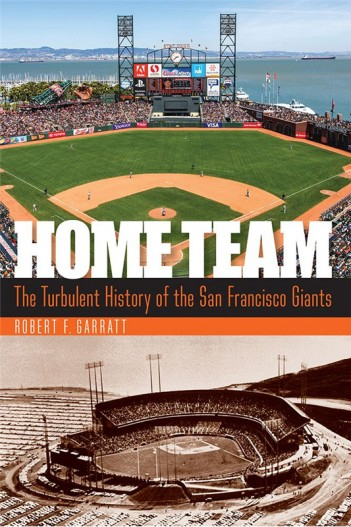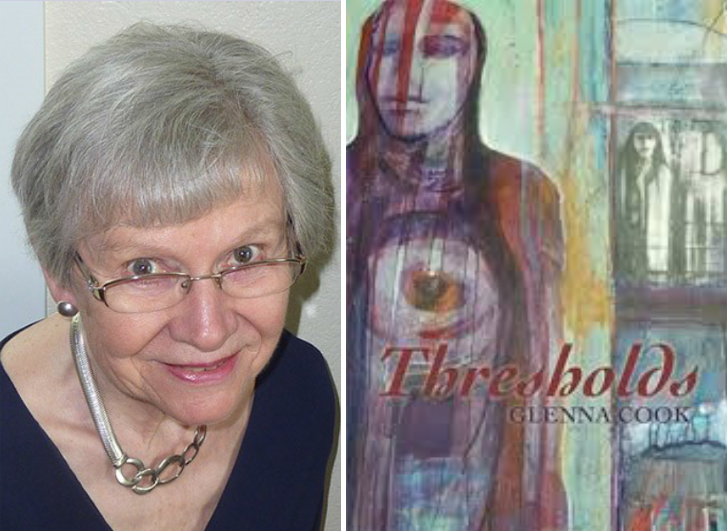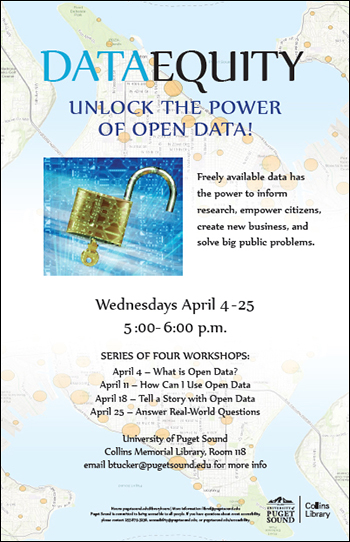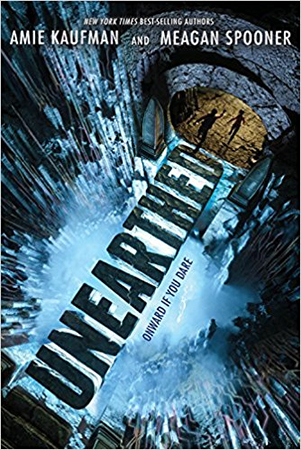Although last week’s celebration of UPS’s 130th birthday was certainly exciting, it wasn’t quite as eventful as the centennial celebration in 1988, so today, we’re looking back at some of the fun activities that were part of the centennial. The celebration lasted throughout the school year and was the culmination of six long years of work; Will Gee ’42, chairman of the centennial committee, described it as “the biggest and longest-running celebration the University [had] ever seen.” (Arches, Sep. 1987, pg. 1). The centennial kicked off with a parade across campus on September 1, 1987. At each building, a new group of faculty, staff, students, and alumni representing each decade of UPS graduates joined the procession, which ended at the Fieldhouse. Some highlights of the program in the Fieldhouse included the Governor of Washington, Booth Gardner, giving the centennial address and receiving an honorary degree, and students dressed in period costume presenting a slideshow on student life throughout the decades.
Celebration of the centennial died down for a little while until homecoming, which John Alvord ’78, Director of Alumni Relations, marketed as having “something for everyone” (Arches, Sep. 1987, pg. 9). The weekend included a wine and cheese party accompanied by informal departmental gatherings to give alumni a chance to interact with faculty members, the UPSCALE auction and of course, the homecoming football game. The Centennial UPSCALE auction included a wide range of items from an original Chihuly glass work and a 1983 Pontiac Bonneville sedan; to free stays in Bogus Basin or Hawaii; to a trip to Chicago to see the set of the “The Frugal Gourmet”, hosted by Jeff Smith ’62; to 48 packs of Corn Nuts, 15 cases of Pepsi, and an hour-long bagpipe performance. The auction also featured a raffle for a Centennial quilt, made by alumni, faculty, and friends of the university. Although the classes of 1937, 1947, 1957, 1962, and 1967 celebrated their reunions at homecoming weekend, there were a number of special alumni reunions, including a Pacific Rim reunion, and 18 regional reunions throughout the year, held across the country from Hawaii to New York.
The centennial celebration wrapped up with Centennial Birthday Week in March and Peter Puget Weekend in April. The Birthday Week included such events as a “Let’s Do the Time Warp” costume dance and a run to the waterfront to participate in the Puget Plunge, and culminated in a birthday party on March 17 (the anniversary of the university’s founding) that included a cake decorating contest, and city, county, and state proclamations declaring March 17 “University of Puget Sound Day”. The official cake was shaped like Jones Hall; you can even see a frosting version of President Phibbs in one of the windows! Ultimately, Peter Puget Weekend was the “grand finale” of the celebration, and featured three days of “music, art, and academia” (Arches, Jun. 1988, pg. 17), like music performances, a chemistry magic show, and an art show displaying works from 75 alumni.
The September 1987 and June 1988 Arches, as well as the March 10, 1988 issue of The Trail were consulted in writing this post.
The Archives & Special Collections is open on Mondays, Tuesdays, Wednesdays, and Thursdays from 10:00 a.m. – 3:00 p.m. or by appointment.
By Julia Masur
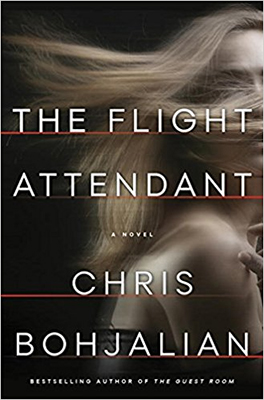 For Cassandra Bowden, hungover mornings are nothing new. She is a binge drinker, and since her job as a flight attendant makes it easy to find adventure, blackouts seem inevitable. She lives with her blackouts in partner with her self-loathing. However, when she awakens in a Dubai hotel room, she does not expect to see her partner of the night covered in blood. Too afraid to call the police, Cassandra starts her long trail of lies. She lies to her coworkers, she lies on her way to Paris, and she lies to the FBI agents who meet her at her gate. Did she kill the man in the hotel room? If not, who did?
For Cassandra Bowden, hungover mornings are nothing new. She is a binge drinker, and since her job as a flight attendant makes it easy to find adventure, blackouts seem inevitable. She lives with her blackouts in partner with her self-loathing. However, when she awakens in a Dubai hotel room, she does not expect to see her partner of the night covered in blood. Too afraid to call the police, Cassandra starts her long trail of lies. She lies to her coworkers, she lies on her way to Paris, and she lies to the FBI agents who meet her at her gate. Did she kill the man in the hotel room? If not, who did?
